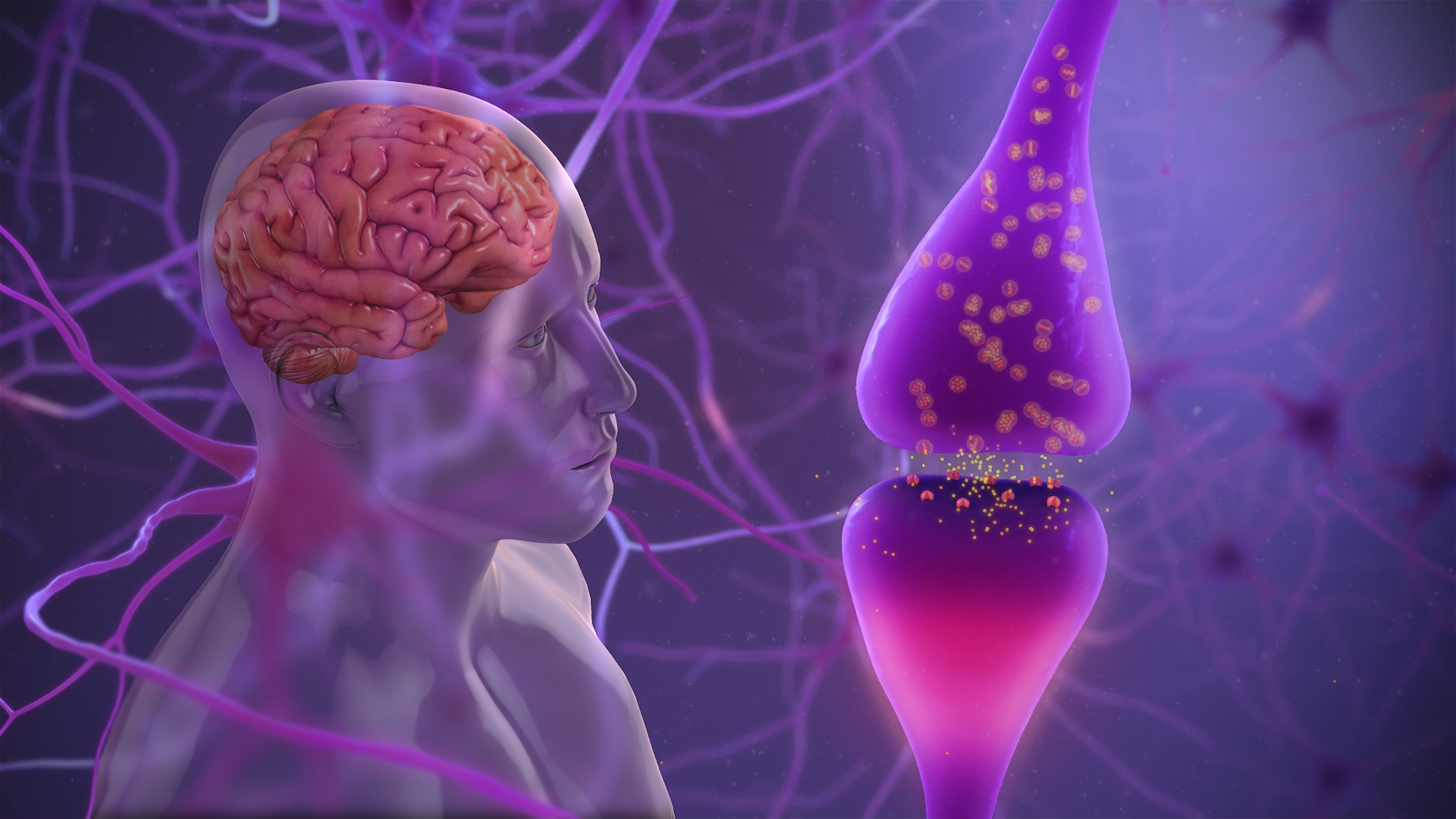Some researchers from the Osaka University of Japan have been testing new gene therapy in mice in order to develop immunity to Parkinson’s disease. The disease has been affecting millions of people all over the world.
[fvplayer id=”1917″]
What causes Parkinson’s disease?
 Parkinson’s disease is characterized by loss of memory, presence of Lewy bodies, development of toxic chemicals in the brain, and destruction of neural circuits which ultimately leads to dementia.
Parkinson’s disease is characterized by loss of memory, presence of Lewy bodies, development of toxic chemicals in the brain, and destruction of neural circuits which ultimately leads to dementia.
When it comes to the world, there are 10 million people currently who are living with this disease. There is no definite treatment for this disease. So far, doctors have only managed to provide symptomatic treatment for the management of the disease.
This may be about to change as Japanese scientists have been working on developing a medication that targets Alpha-synuclein, a protein which has information for translation Lewy bodies.
They have tested the gene therapy in mice who are affected by this condition. The findings of this experiment were published in scientific reports and the results are certainly promising. The scientists aim to continue working on developing the method.
How does the therapy work?
 If gene therapy is successful, it could lead to a revolutionary approach in the treatment of the disorder. Senior author of the study has said that the genetic fragments amido-bridged nucleic acid-modified antisense oligonucleotides, or ASOs can be used for prevention of the disease.
If gene therapy is successful, it could lead to a revolutionary approach in the treatment of the disorder. Senior author of the study has said that the genetic fragments amido-bridged nucleic acid-modified antisense oligonucleotides, or ASOs can be used for prevention of the disease.
These nucleotides bind with the mRNA responsible for the translation of the above-mentioned protein, thus preventing the formation of the toxic Lewy bodies.
“Our results showed that gene therapy using alpha-synuclein-targeting ASOs is a promising strategy for the control and prevention of [Parkinson’s disease]. We expect that in the future, this method will be used to not only successfully treat [Parkinson’s disease], but also dementia caused by alpha-synuclein accumulation,” said Dr Hideki Mochizuki, senior author.









